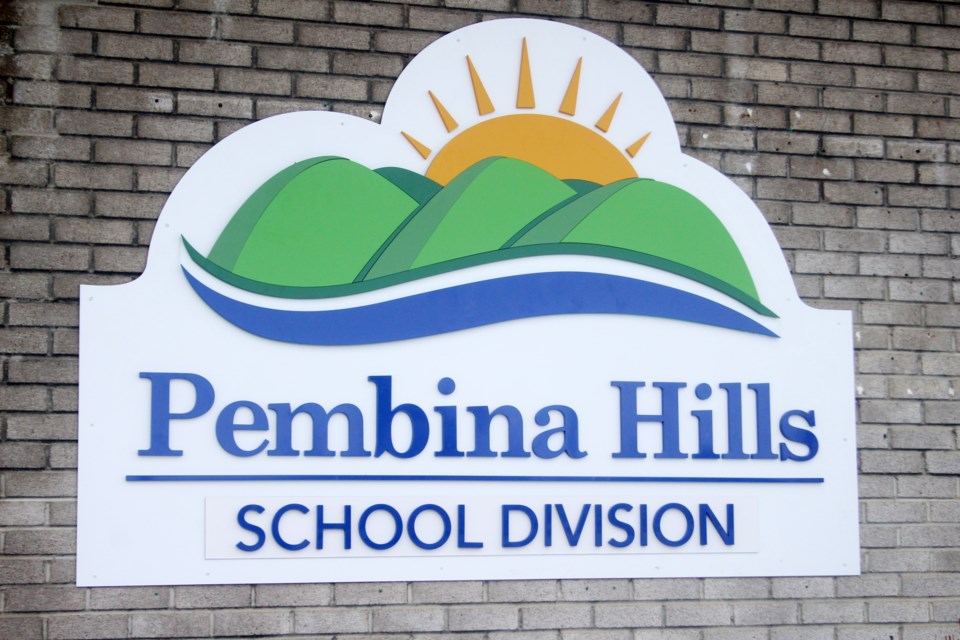The Pembina Hills School Division (PHSD) has introduced two new policies surrounding human sexuality and gender identity at its Aug. 22 meeting that comply with the provincial amendments made in the Education Act.
The first policy deals with the subject of gender identity, sexual orientation and human sexuality in the classroom. The new policy from the school board states that parental opt-in is required, whether they say yes or no. From Grade 3 to high school level, parents can choose whether to allow their child to learn about the specific topic. The topics range from health and life skills to reproduction and readiness for parenting.
PHSB said that in the past, they have had trouble tracking down parents' signatures, making it harder for them to continue with the lessons. This year, as parents sign into the portal, they will be prompted to approve or deny their students' involvement.
“I want the trustees to know that if you get phone calls about content or opting in or this topic or that being taught in a class, please refer them to us. We will adhere to the legislation. We will make sure we put that parent with a concern in touch with the right person,” said Brett Cooper, superintendent of Pembina Hills School Division.
Parents should be aware that indirect or incidental references to these topics would not require parental notification. One example is Biology 30, which has a unit focused on reproduction. While the content may be explicit in dealing with the anatomy and physiology of reproduction, it is not about human sexuality.
“We want to make sure teachers are not terrified to have conversations. So if a student brings something up that is ‘Hey, I saw this in the newspaper last night,’ their teacher doesn’t say ‘I can’t talk about that.’ They actually are very much allowed to talk about it,” said Cooper, who reiterated that it is only about prepared lessons and content
As part of the Education Act, parents do not need to opt-in to their child volunteering for activities or groups that promote caring, respectful and safe spaces such as Gay-Straight Alliance or Queer-Straight Alliance.
Another amendment to the Education Act restricts the use of transgender students' preferred name and pronouns in the province for those under the age of 18. Schools are required to notify the student’s parents of the request if made by the student to the school or staff members.
“The biggest thing that we want to always be looking at is what the risks are to the students' safety. Sometimes a student wants to be referred to something, but the parents don’t necessarily support that. So we want to make sure before we proceed that the student is not at risk for retaliation at home,” said Cooper
Before the parent is contacted, the student will be provided with counselling or other assistance to determine whether abuse or other psychological or emotional harm will come to the student.
If the school determines that it is not safe for the parents to be notified, the school cannot honour the student's request. However, the student and school will work to determine the most reasonable plan and steps for the future.
“That’s what we want our teachers to also recognize is whether it’s topics of conversation or a student coming to you and saying this, it’s not a big deal. It’s work with the parents, it’s work with the school, it’s work with everything, and we’ll figure out what’s in the best interest of the student.”

